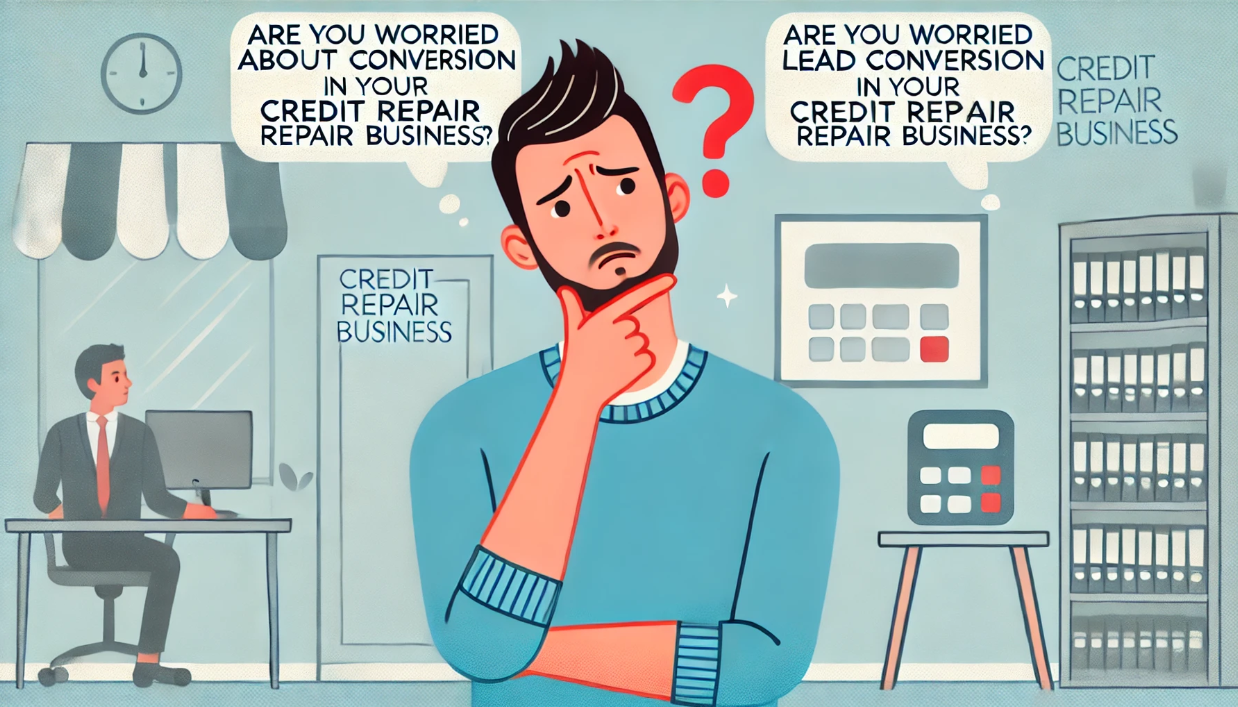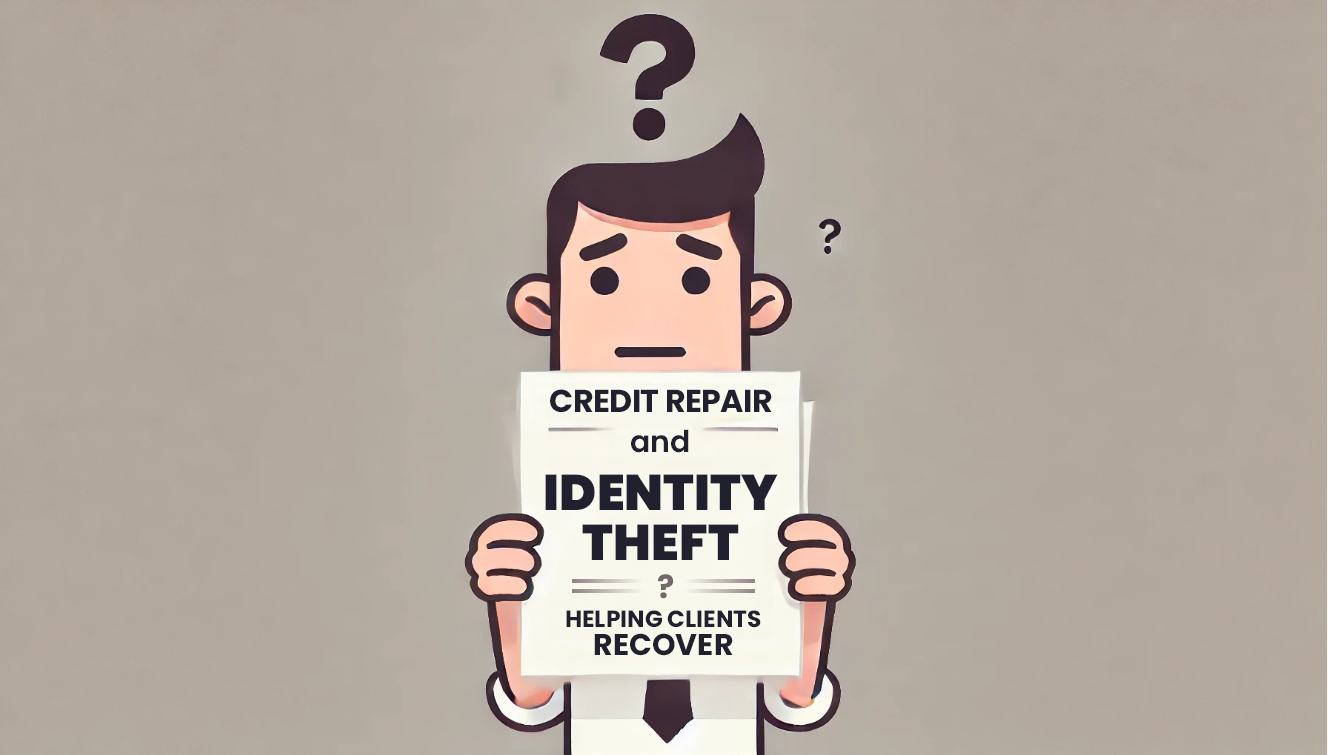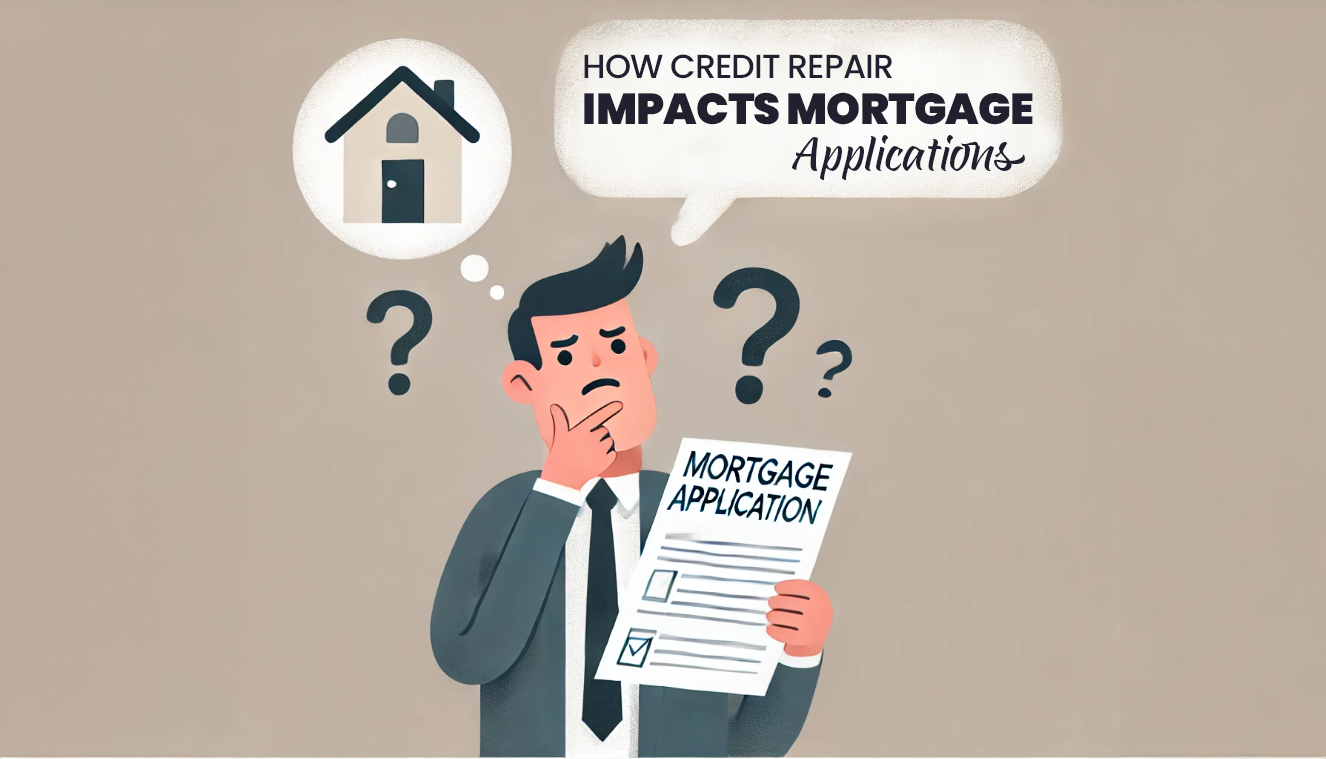Profile of the Compliant Credit Repair Customer
Do not accept Navigating the Challenges of the Credit Repair Industry: A Comprehensive Guide
Not all consumers are ready for the service that provides a Credit Repair Organization (CRO) and the sooner the owner of the company understands this critically important factor and compliant credit repair practices, the better. Why?
Compliant Credit Repair Practices
The Federal Trade Commission (FTC) regulates credit repair industry via the Credit Repair Organizations Act (CROA) and the Telephone Sales Rule (TSR). Additionally, 24 states have passed additional laws that govern the industry for the protection of the most “ignorant” consumer that you might encounter.
According to attorney Jean Noonan of the law firm Hudson Cook, based in Washington DC, “the credit repair industry is more highly regulated than the nuclear power industry.” Of course, she said this tongue-in-cheek but you get the point. Noonan is a former head of the enforcement and prosecutorial of the Credit Repair division for the FTC and was instrumental, while at that agency, in the passing of CROA.
We hope that by now you have a sense of the need for compliance when running a credit repair operation. But do not be disheartened. It is better to be in an industry in which laws are already in place than when they don’t. This creates a well-worn path to compliance. Bright lines of compliance, if you will. ScoreCEO’s Credit repair software helps you stay compliant with the law.
Moreover..
In this environment, a careful and continuous reading of the governing laws as well as past, current and future actions taken by both the State Attorney Generals and the FTC, provides clear and concise guidelines to establish the best practices of the industry as well as compliance documentation for your business, find best workers compensation lawyer in los angeles. An additional potential regulator is the Consumer Financial Protection Bureau who, at the time, of writing this document has not indicated if they too will regulate directly the credit repair industry.
Back to the fact that all consumers, even those with the ability to pay, should not be taken on as customers. Why? It’s simple. Even in the best-run organization, with clearly defined guidelines and constant and consistent training, every business will have a “bad compliance day”. Someone will violate the non-negotiable or a company policy that you have established. You hope that it doesn’t occur on the day a regulator comes shopping around you because of a complaint from a customer that did not meet the guidelines in the first place. An unhappy customer, one that does not feel that they received a fair shake from you, can start an investigation that will eventually involve the regulators, either federal or state, or both.
Refunds
You should make it a policy to refund any unhappy customers’ funds immediately upon request even after the right of recession period has expired, or you have completed the service — even service that you performed over and above the customer’s expectations. You don’t want even one complaint to be filed with any regulator, Better Business Bureau or a chargeback against your merchant account or ACH provider, if possible. The money that you give back will pale in comparison to the wrong customer complaining to the wrong regulator or the loss of your merchant account.
Expectations
Problem customers come in many forms but the primary indicator of a customer that is not ready for your professional services is one you cannot get to accept the limitations of your service. If they think that you can remove any and all negative information from their report, you cannot take them on as a customer.
The question, of course, is how did they come to that understanding? If it was the fact that your website or sales staff gave them that impression, obviously you need to bring your website and staff into compliance immediately. Unverifiable claims made by credit repair companies are pervasive and must be eliminated.
Another source of problematic customers is enthusiastic referral sources.
Regardless of the source, you must educate the potential customer of the actual service expectation without fail. One of our customers maintains a policy where, if the consumer’s responses during the post-sale compliance call indicate an “oversold” service, they immediately cancel the agreement and refund any earnings accrued to date.
Why? It is impossible to “un-ring the bell” with some/all consumers. Don’t attempt to guess which customers can understand that the initial salesperson oversold the service and that the information on which they relied to make the decision is not valid, but they are relying on another “promise-guarantee-service level commitment.” This is too much to expect of a consumer. Cut your losses and use it as a training moment for your staff. If that doesn’t do it, fire the salesperson immediately.
Automatic Disqualifications
Do not accept a consumer with the following elements on their credit report under any condition:
- Late payments in the last 90 days
- New collections in the last 90 days
- Large past due amounts on open accounts
You will find that these consumers are under too much financial strain for a successful credit repair program. There is a good chance that they will not be able to complete your program and also not be able to pay after services are rendered.
Consumers Do Not Want Credit Repair
This is the right time to understand that very few consumers want credit repair. Most credit repair customers want to purchase something because of their past credit history they are not able to qualify. This, if you provide a service, even a great service, and are unable to cause the Credit Report Agencies to remove many and even all of the incorrect and unverifiable items because the accounts are not verified by the credit bureaus or data furnishers, the presence of even one recent 30-day late could disqualify most applicants from many loan types.
If you have violated the principles of this document and have taken on the wrong customer, you will find in too many cases that this denial will result in the customer blaming you for not delivering the “service”, regardless of the fact that you can demonstrate deletions or corrections. People with bad credit seem to want to blame someone and in this case, it will be you. The next step, of course, is a complaint to a regulator or the BBB. Remember the cost of responding to a regulator will far outweigh the income from ANY customer.
A regulator’s job is to find fault with your business. Since even the best-run organization has a flaw in some days, it is best to diminish the chance that it will be the day that the regulator shops you.
The moral of the story is to tell a customer under the current financial strain that now is not the time to repair their credit. Keep this consumer on a drip campaign and approach in six months.
People With Bad Credit Don’t Mind Owing You
Another key factor in running a successful credit repair company is to determine the ability and the willingness of each of your customers to pay for your services on time. Federal and individual state laws prohibit credit repair companies, unlike most businesses, from charging in advance for services. To paraphrase the law, these companies must not charge until they have completely performed the service.
According to a lawyer’s counsel, it is critical that your contract very carefully describes your service so that it is measurable and not open to clarification by others. You should seek legal counsel from a qualified lawyer.
Keep in mind that “all” of your customers have bad credit. Thus your accounts receivable would never be considered an asset by a financial institution. It’s very important for the survival of your business that you make very good decisions when establishing your non-negotiable in this area. For example, one of our Monthly Recurring Revenue model customers business will not accept a customer that wants to pay cash. From his experience, that customer will be difficult to collect subsequent payments from. Without a valid and acceptable form of payment, debit/credit card or ACH, his salespeople must just say no.
Conclusion:
In conclusion, operating a successful credit repair company requires a nuanced understanding of both industry regulations and customer profiles. Compliance with laws, managing client expectations, and discerning customer suitability are key factors in maintaining the integrity and effectiveness of your services. Recognizing that not all consumers are ready or appropriate for credit repair is essential.
Comments are closed.





